Search

A unique national platform delivering faster research at scale to improve the health, wellbeing and equity of children and their parents across Australia

News & Events
ORIGINS begins collecting baby teeth to unlock new insights into child health research.All participating families to receive $10 e-voucher for this generous donation.*
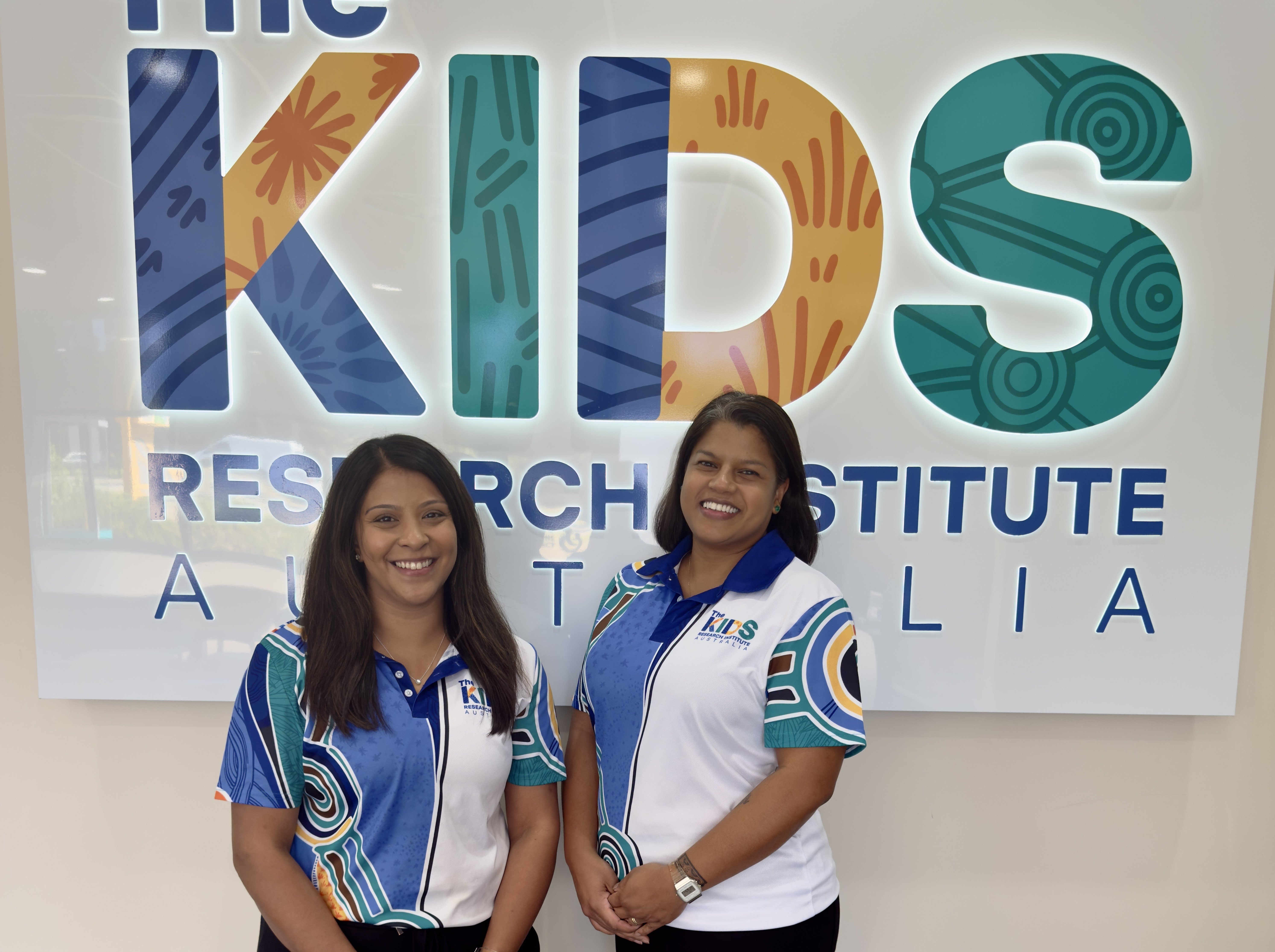
News & Events
International Women's Day 2025Hear from Avril Bezant, ORIGINS Data Coordinator, and Alexis Harun, ORIGINS Paediatric Coordinator, and be reminded that it’s never too late to pursue your passion along with their hopes for women entering a STEM career.
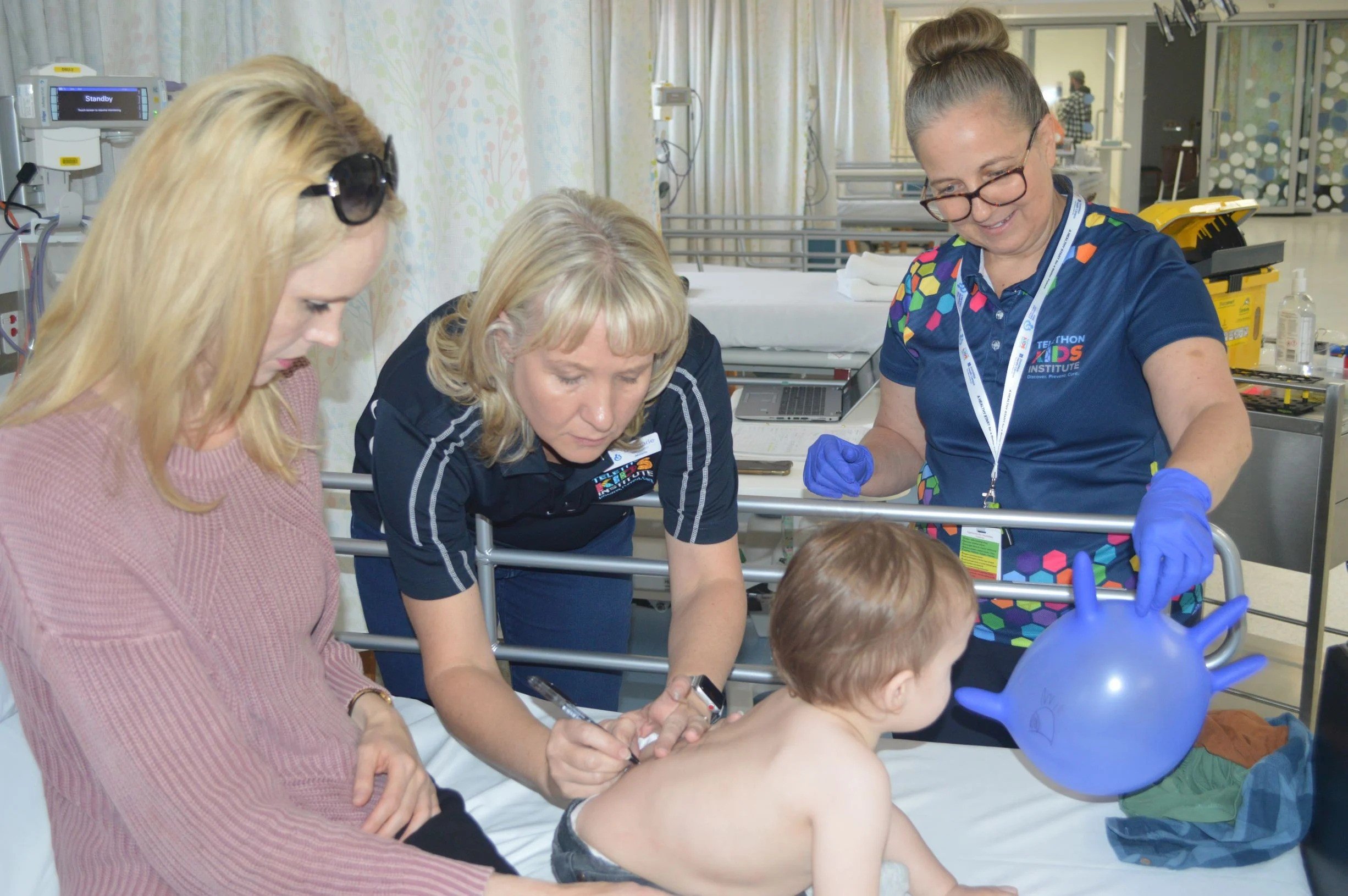
News & Events
Associate Professor Debbie Palmer Awarded Stan Perron Charitable Foundation FellowshipThis fellowship will assist Associate Professor Palmer in her large-scale food allergy prevention trials.
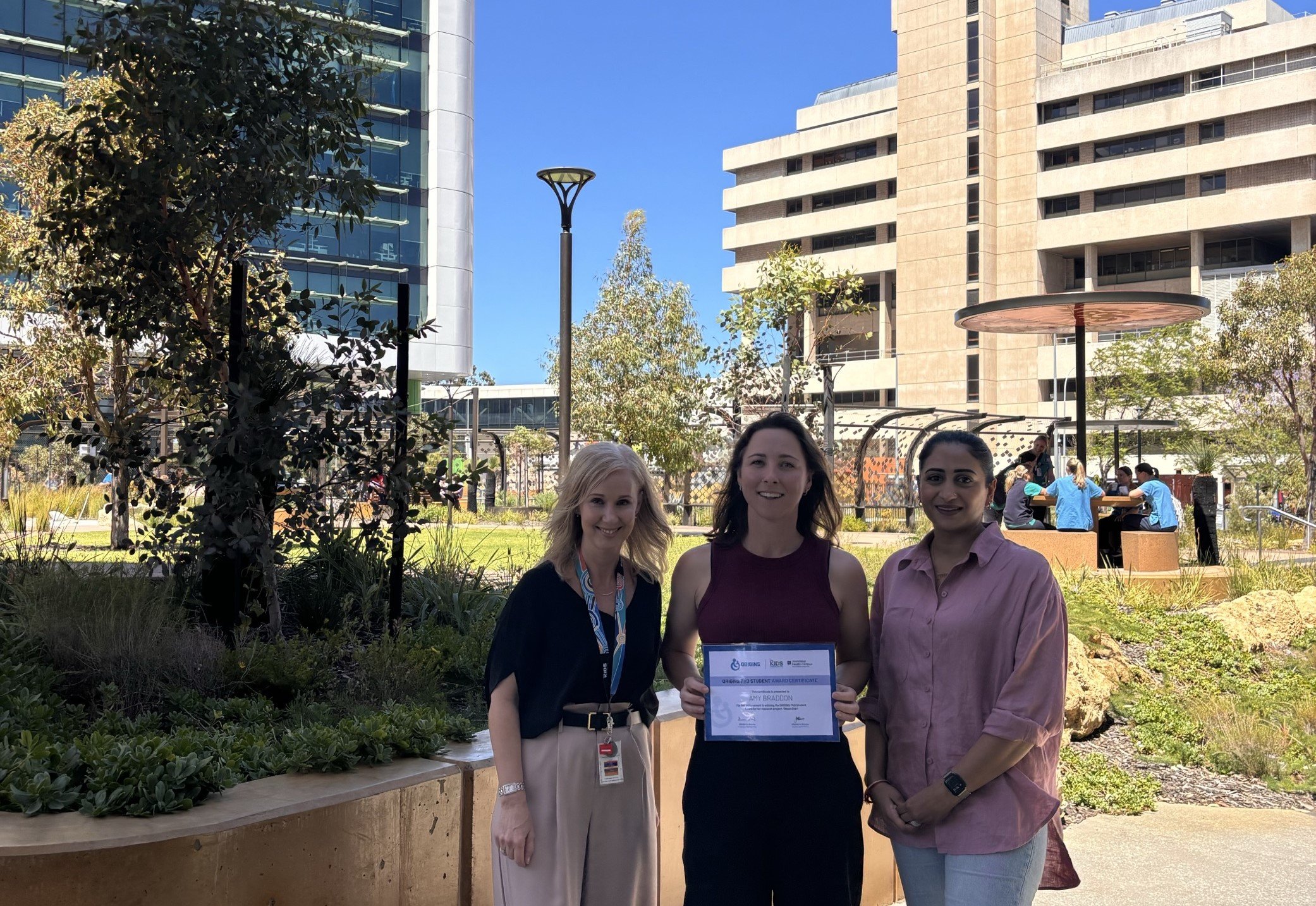
News & Events
ORIGINS is pleased to announce the 2024 recipient of its inaugural PhD Student AwardMiss Braddon will be awarded with $15,000 to go towards her research project, DreamStart
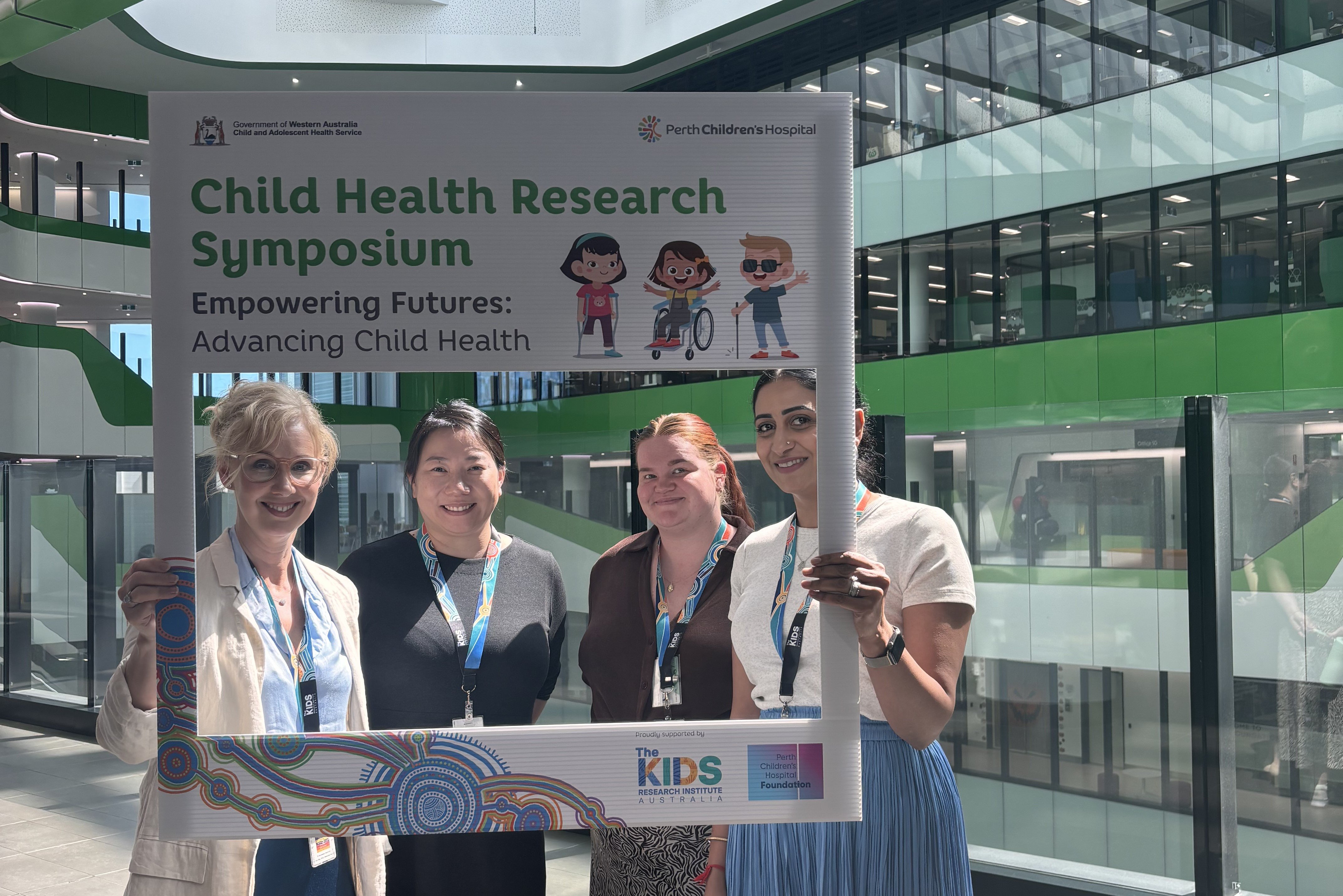
News & Events
ORIGINS Features at The CAHS SymposiumORIGINS featured heavily at this years Child and Adolescent Health Services (CAHS) Symposium, with presentations from our Co-Director, Professor Desiree Silva, and ORIGINS Data Manager, Dr Sarah Whalan.
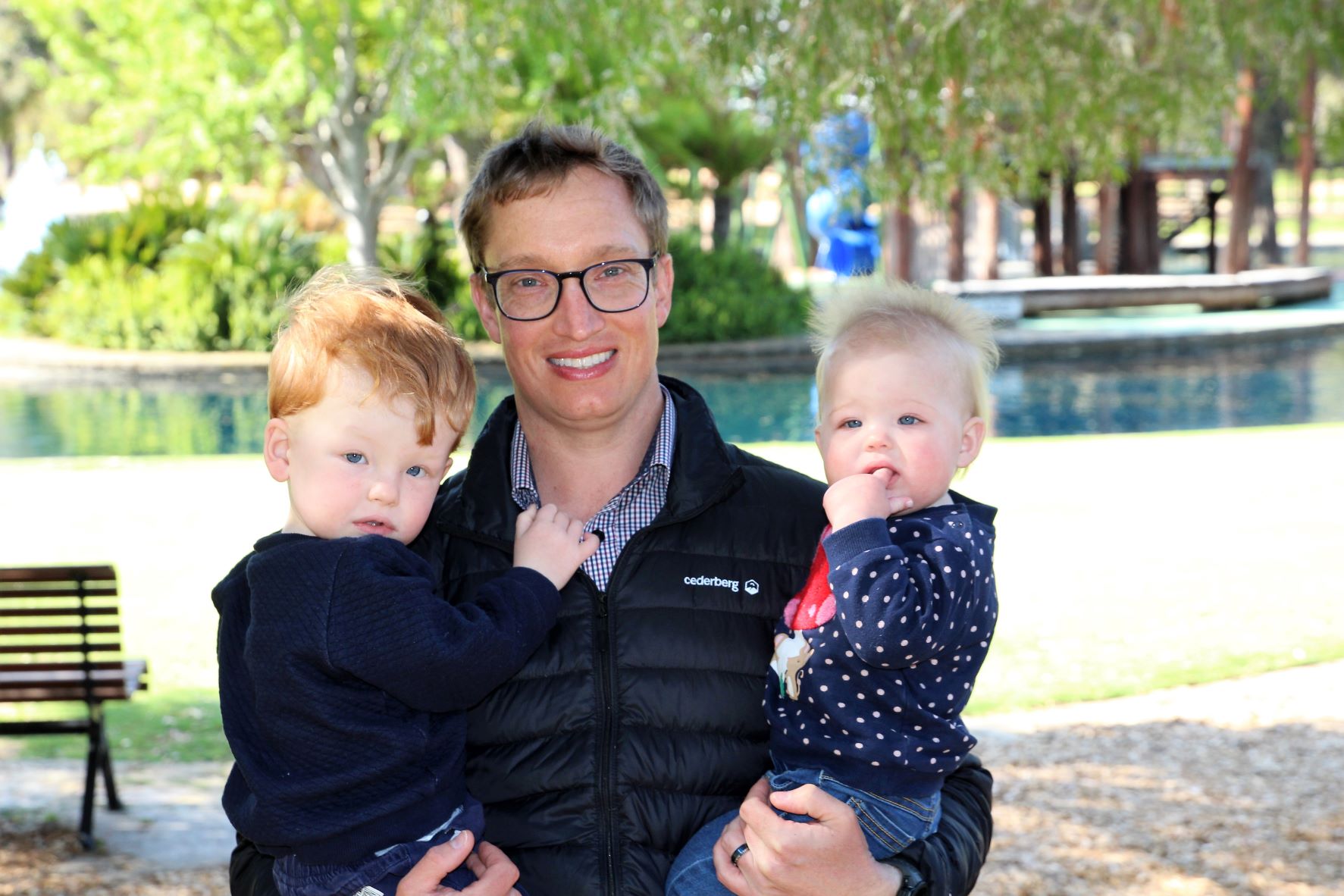
News & Events
HBF Funded Sub-Project Runner Up In Ramsay Research Week CompetitionORIGINS sub-project, Flourishing in Fatherhood, has placed runner up in Ramsay Health Care's research-month competition!
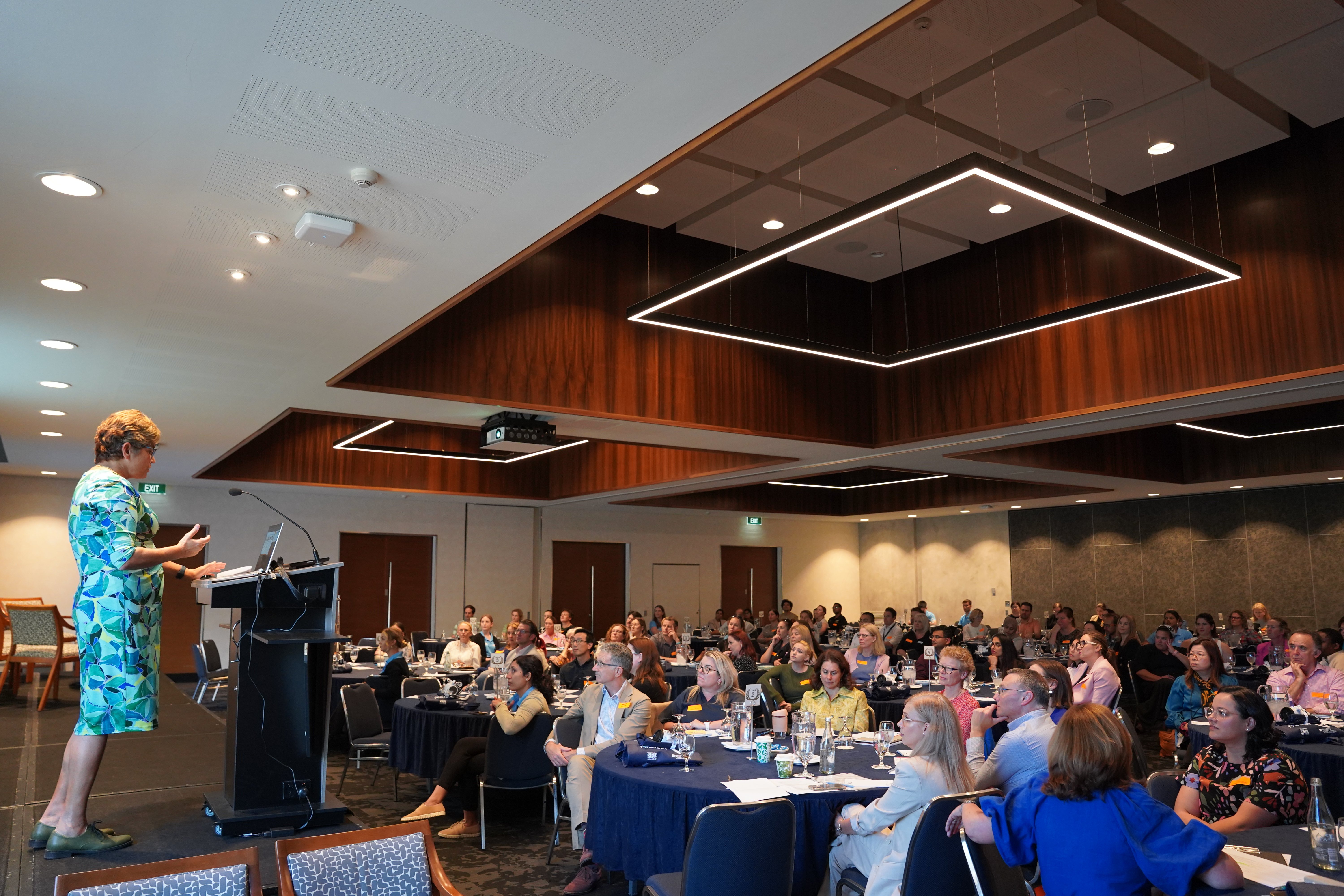
News & Events
The Power of Longitudinal Cohorts – The 2024 ORIGINS ShowcaseYesterday, we were delighted to host close to 200 people at The ORIGINS 2024 Showcase, which explored the power of longitudinal cohorts, now and in

News & Events
Better Your BioMood: First Findings Published in Origins SubprojectFirst Findings Published in Origins Sub-Project
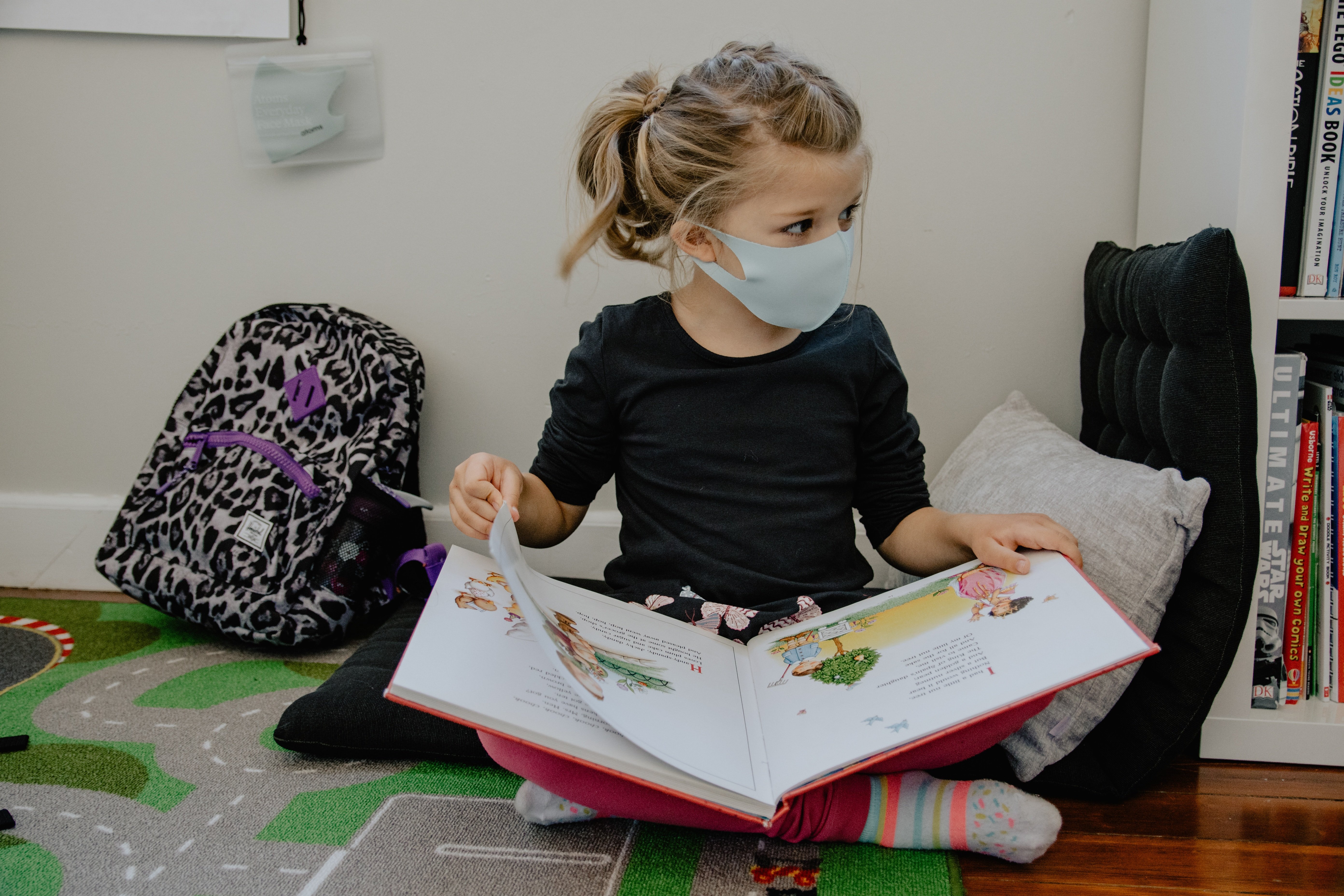
News & Events
Child has COVID? A reminder to think ORIGINS!ORIGINS is on the lookout for our Long COVID Study. As we enter a new wave of COVID in the community, we would like to remind participants to 'think
